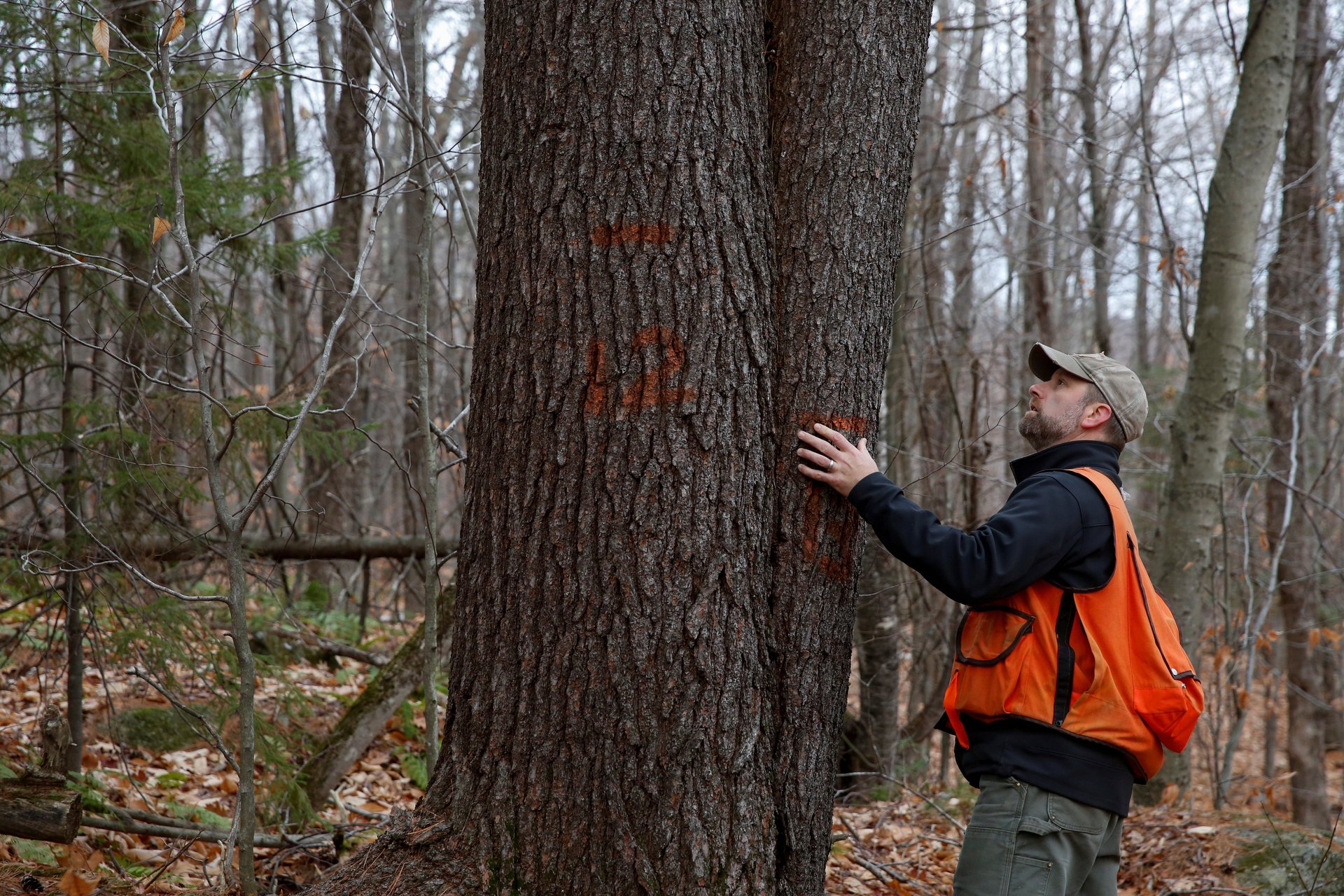22 startups (trying to) decarbonize the world
For most of us, reducing our carbon footprint—the total amount of greenhouse gases we produce through what we eat, how much we travel, what we buy—looks like driving less, eating less meat, or wasting less food.


For most of us, reducing our carbon footprint—the total amount of greenhouse gases we produce through what we eat, how much we travel, what we buy—looks like driving less, eating less meat, or wasting less food.
But for those looking for a different way to cut emissions, there’s another (controversial) method: buying carbon offsets. This refers to “buyers” who contribute to projects that to reduce carbon in the atmosphere, whether through planting trees or sucking carbon out of the air through giant machines.
Though some critics say carbon offsets can be a form of greenwashing (environmentally friendly marketing that doesn’t actually combat climate change), the strategy has become increasingly popular among individuals and corporations alike as the climate crisis remains top-of-mind: The number of credits bought doubled from 2017 to 2020, equivalent to removing 95 million megatons of CO2 (or 17.3 million homes’ electricity use for one year).
The difference between effective and ineffective carbon offsets? The project receiving the funding. The voluntary offset industry is unregulated, meaning that nobody’s technically checking to see if certain projects are complete shams. Look for whether companies are transparent about what projects they’re backing, if those projects would’ve happened without funding (funding “non-additional” projects is detrimental because you’re paying people to do things they would’ve done anyways, like paying a landowner to maintain their land; the money could’ve gone to other projects that actually needed money), and how much those projects are actively sequestering or removing carbon.
Climate tech startups are cropping up to track how much CO2 a person or a business might emit and provide a marketplace for buying and selling carbon credits.